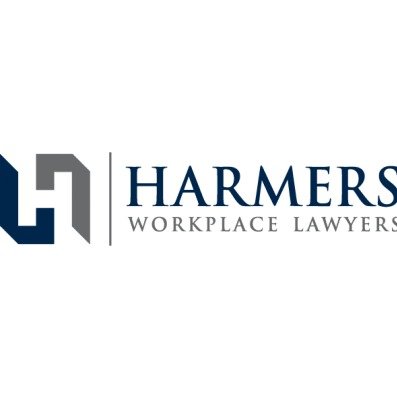Best Hiring & Firing Lawyers in Brisbane
Share your needs with us, get contacted by law firms.
Free. Takes 2 min.
List of the best lawyers in Brisbane, Australia
About Hiring & Firing Law in Brisbane, Australia:
Hiring and firing laws in Brisbane, Australia, form part of the larger Australian employment law landscape. These laws govern the processes one must go through when employing or terminating an employee's service. They encompass aspects such as unfair dismissal, redundancy, discrimination, workplace rights, and contract negotiations. The Fair Work Act 2009 serves as the primary framework for these laws, striving to establish fair and just relationships between employers and employees.
Why You May Need a Lawyer:
Whether you're an employer or an employee, many situations may require legal counsel. As an employer, you may need a lawyer if you're unsure about appropriate legal processes for termination, concerned about potential legal repercussions, or dealing with accusations of unfair dismissal or discrimination. As an employee, you may seek legal aid if you believe you were unjustly terminated, discriminated against, or if your workplace rights have been violated.
Local Laws Overview:
The key local hiring and firing laws in Brisbane fall under the Fair Work Act 2009. This includes a National Employment Standard which mandates minimum standards for matters ranging from working hours to termination notice periods. Certain lawful reasons must underpin terminations, and instances of wrongful dismissals can result in legal action. In regards to hiring, it's critical that all processes are fair, non-discriminatory and based on merit.
Frequently Asked Questions:
What is considered unfair termination?
Unfair termination occurs when an employee is dismissed on unjustifiable grounds or without a proper process. For example, dismissing an employee based on race, gender, or for exercising their workplace rights could be considered unfair termination.
What steps can I take if I feel I have been unfairly dismissed?
If you believe you've been unfairly dismissed, you can apply to the Australian Fair Work Commission, which may provide a resolution by mediation, circuit court hearing, or even a full-blown trial if necessary. It's advisable to seek legal advice first.
Does the employer need to provide a reason for termination?
Yes, According to the Fair Work Act 2009, an employer must provide a valid reason related to the employee's capabilities or conduct. This reason should be communicated clearly to the employee.
What constitutes discriminatory hiring practices?
Discriminatory hiring practices occur when job applicants are treated unfairly because of their race, color, nationality, ethnicity, disability, age, or sexual orientation. All hiring procedures should be unbiased and based solely on the applicant's skills, qualifications, and experience.
Can an employer change the terms and conditions of employment without consent?
No, significant changes to terms and conditions of employment generally require employee consent. Any substantial modifications should be negotiated and agreed upon by both parties.
Additional Resources:
The Fair Work Commission provides various resources regarding employment rights and regulations. The Queensland Law Society also offers referrals to specialist lawyers in this field. Another helpful resource is the Anti-Discrimination Commission Queensland, which provides information about workplace discrimination laws.
Next Steps:
If you need legal assistance regarding hiring or firing in Brisbane, consider consulting an employment law specialist. They can provide advice tailored to your circumstances, help understand your rights and obligations, and represent you if legal action becomes necessary. Prior to your consultation, gather all relevant documentation such as contracts, correspondence, and any evidence related to your employment issue.
Lawzana helps you find the best lawyers and law firms in Brisbane through a curated and pre-screened list of qualified legal professionals. Our platform offers rankings and detailed profiles of attorneys and law firms, allowing you to compare based on practice areas, including Hiring & Firing, experience, and client feedback.
Each profile includes a description of the firm's areas of practice, client reviews, team members and partners, year of establishment, spoken languages, office locations, contact information, social media presence, and any published articles or resources. Most firms on our platform speak English and are experienced in both local and international legal matters.
Get a quote from top-rated law firms in Brisbane, Australia — quickly, securely, and without unnecessary hassle.
Disclaimer:
The information provided on this page is for general informational purposes only and does not constitute legal advice. While we strive to ensure the accuracy and relevance of the content, legal information may change over time, and interpretations of the law can vary. You should always consult with a qualified legal professional for advice specific to your situation.
We disclaim all liability for actions taken or not taken based on the content of this page. If you believe any information is incorrect or outdated, please contact us, and we will review and update it where appropriate.














